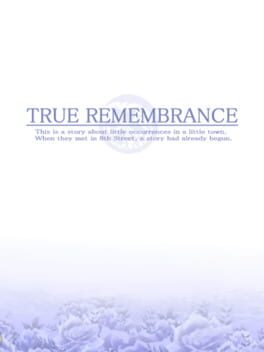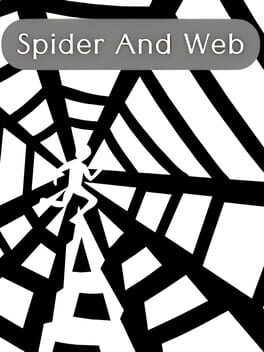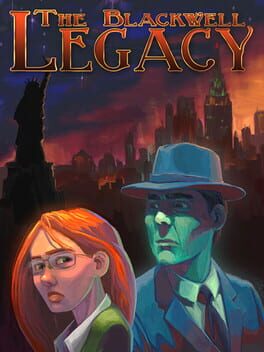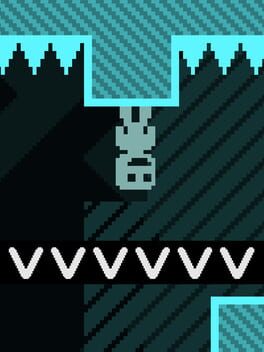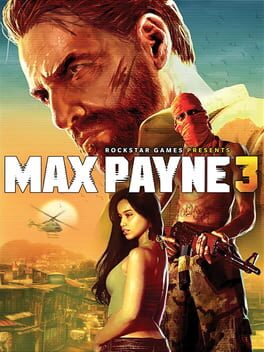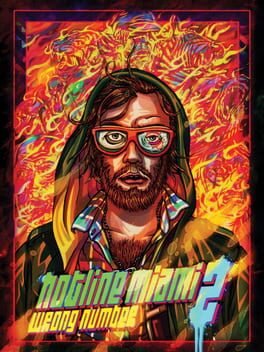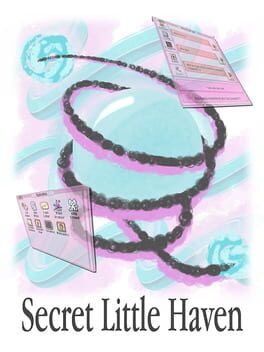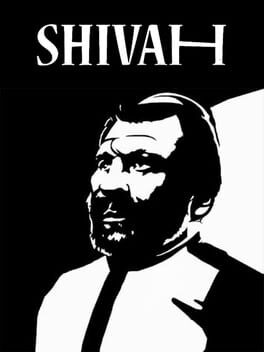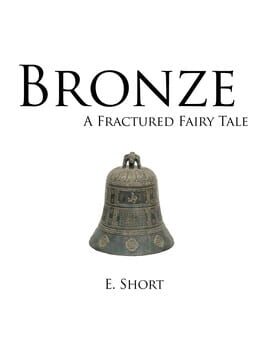tvwolfsnake
2006
This review contains spoilers
What do you do with a work like this? I found it genuinely boring for hours, with little emotional highlights here and there—I'm a huge mark for any character trapped in a pattern of self-denial, so La's perspective in particular hit me like a truck—that couldn't save the overwhelming just-okayness of it all.
And then the twist comes, and I feel like that tricked me into thinking the VN's way better than it is.
But at least the twist is better than I thought it was. My first impression was that it was a cheat, abandoning everything we knew about the characters—and it's not NOT a cheat, since multiple chapters of the game are from La's perspective and she conveniently leaves details out—but mostly the revelations recontextualize, rather than alter, the characters and their relationships. There's still a continuity between who they are and who it turns out they were.
(And hey, it's a story about memory erasure, I can forgive a slightly cheap twist about memory erasure.)
Interesting choice to lead La's backstory with Blackiris' half-joking worry that Analye is a pedophile, because it really colors how the Omega storyline ends up coming across. Stating the subtext out loud, but it works somehow.
And then the twist comes, and I feel like that tricked me into thinking the VN's way better than it is.
But at least the twist is better than I thought it was. My first impression was that it was a cheat, abandoning everything we knew about the characters—and it's not NOT a cheat, since multiple chapters of the game are from La's perspective and she conveniently leaves details out—but mostly the revelations recontextualize, rather than alter, the characters and their relationships. There's still a continuity between who they are and who it turns out they were.
(And hey, it's a story about memory erasure, I can forgive a slightly cheap twist about memory erasure.)
Interesting choice to lead La's backstory with Blackiris' half-joking worry that Analye is a pedophile, because it really colors how the Omega storyline ends up coming across. Stating the subtext out loud, but it works somehow.
2011
1998
2006
2010
2007
2012
2018
2006
1999
2006
